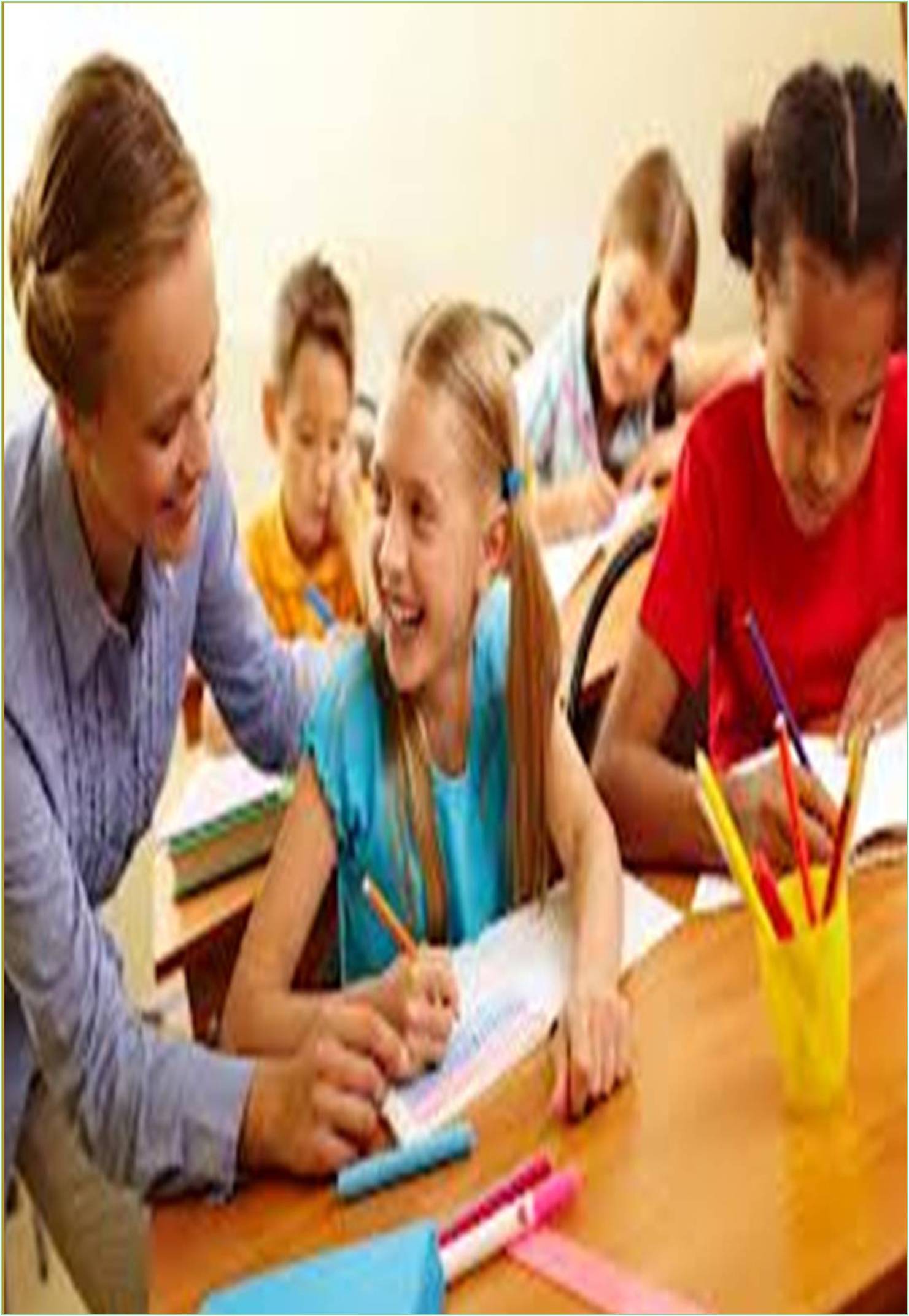



Received: 01-Nov-2022, Manuscript No. GJSES-22-85166; Editor assigned: 04-Nov-2022, Pre QC No. GJSES-22-85166 (PQ); Reviewed: 18-Nov-2022, QC No. GJSES-22-85166; Revised: 25-Nov-2022, Manuscript No. GJSES-22-85166 (R); Published: 02-Dec-2022, DOI: 10.15651/246-7212.22.8.033
Think of favorite elementary school teacher. What made her so special? Maybe they were the first to make math "meaningful", or maybe borrowed a book from the class library. The wisdom and guidance that teachers provide is life-changing, especially for young students. While educators often focus on improving parental engagement, student engagement is just as important. The more motivated students are to learn to read, the more prepared they are to reach their full potential. Building meaningful teacher-student relationships is one of the best ways to encourage this. Challenges of teacherstudent interaction, how positive relationships can improve the school environment, and 5 ways to increase student engagement. Learn about one tip.
The student-teacher relationship in the classroom is a positive relationship between the teacher and the student striving for mutual trust and respect. That relationship is about getting to know our students better, offering those options, and encouraging them to learn harder every day. This shows that teachers respect their students, respect their individuality and be polite. Developing positive relationships with students helps them be more successful in the classroom and makes the classroom a safe and welcoming environment for everyone.
The teacher-student relationship is an important part of student interpersonal relationships in school and influences academic development. This study explores teacher-student relationships by examining the relative balance of negative and positive teacher-student relationships in the academic lives of high school students (English, mathematics, science and geography subjects). It is an extension of previous research. The role of this relational balance in predicting students' academic engagement (manipulated by academic participation, enjoyment and aspirations) was also examined.
The study included a longitudinal sample of her 2,079 students from 18 high schools. Results identified a significant linear (main) effect, with an increase in the number of positive relationships (compared to negative relationships) with teachers predicting greater engagement in school. This was accompanied by a large curving effect. More specifically (a) student engagement was lower when relationship balance was predominantly negative, but did not decrease with more negative teacher-student relationships; (b) Student engagement was higher when relationship balance was predominantly positive. Positive teacher-student relationships outweighed negative ones. We conclude that the nurturing features of positive teacher-student relationships appear to outweigh the constraining (or limiting) features of negative teacherstudent relationships. Additionally, across all student subjects, increasing numbers of positive teacher-student relationships provide a cumulative return on engagement.
Good teacher-student relationships are important to the academic development of students. Many secondary schools have multiple teachers in a day and can have different relationships with each. This study expands on previous research on teacher-student relationships and collects relationship data from a variety of student subjects to determine the number of positive and negative teacher-student relationships and the number of teacherstudent negative relationships. Examined how the relative balance of positive and positive relationships was related. Results showed that the nurturing characteristics of positive teacher-student relationships appeared to outweigh the limiting characteristics of negative teacherstudent relationships. The results also showed a cumulative association between student engagement and an increased number of positive teacher-student relationships across a range of subjects in students' academic lives.